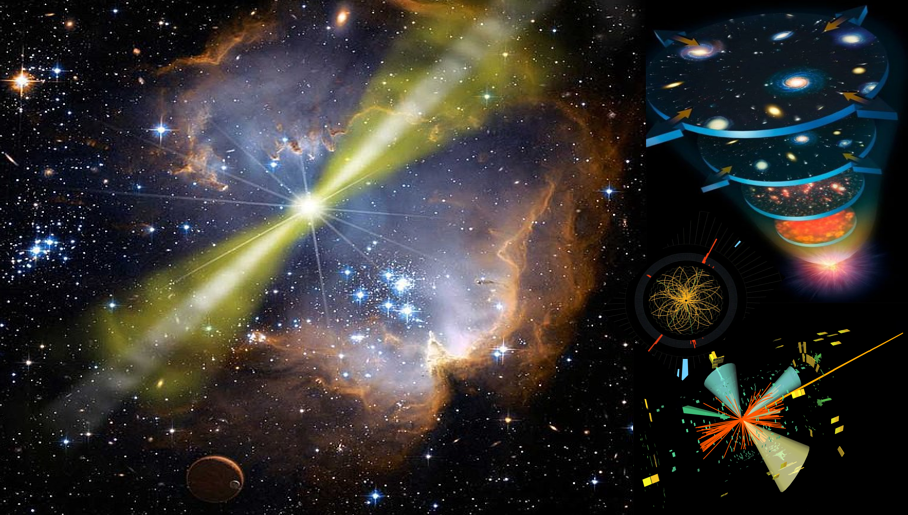Speaker
Description
We investigate how bipartite entanglement and skew information correlations are affected by
intrinsic decoherence in a hybrid qubit-qutrit Heisenberg XXZ model that incorporates the
Dzyaloshinsky-Moriya interaction and is subject to the action of an external inhomogeneous
magnetic field. We employ local quantum uncertainty and uncertainty-induced nonlocality to
estimate skew information correlations in the considered system, while logarithmic negativity
is employed to quantify bipartite entanglement. We examine the impact of intrinsic decoherence
rate, hybrid qubit-qutrit system parameters, Dzyaloshinsky-Moriya interaction strength,
and external magnetic fields intensities on the dynamics of the three indicators of quantum
correlations. The results indicate that quantum correlations are compromised by intrinsic decoherence;
additionally, the strength of the Dzyaloshinsky-Moriya interaction reduces oscillatory
tendencies and attenuates skew information correlations and bipartite entanglement within the
hybrid system. However, the adverse impacts of intrinsic decoherence on quantum correlations
may be alleviated by modifying hybrid-spin Heisenberg XXZ parameters. Our results show the
uncertainty-induced nonlocality measure is capable of detecting quantum correlations that other
measures fail to detect. Furthermore, we have observed that the skew information correlations
can be enhanced by adjusting the mixture parameter. On a related note, our findings demonstrate
that quantum correlations are reduced by the intervention of the external homogeneous
magnetic field.

